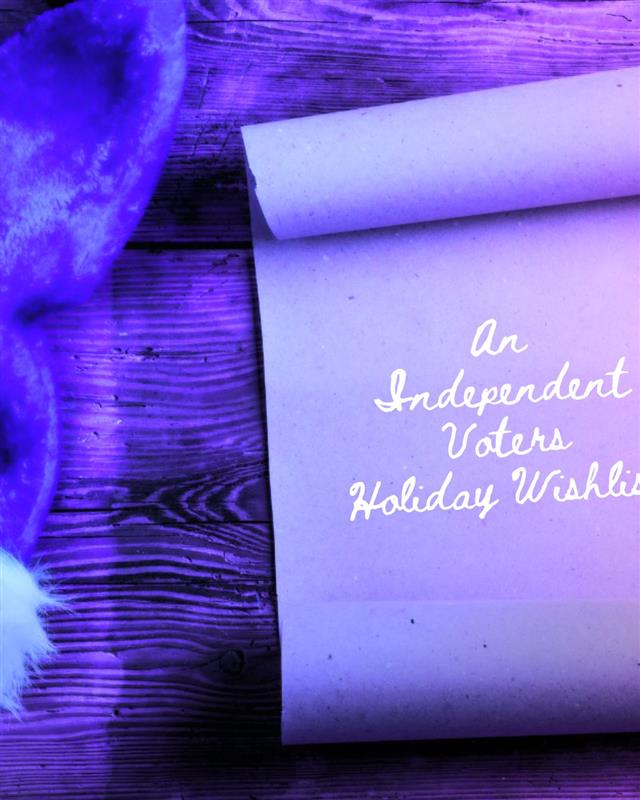Cost of Living Concerns Unite Voters Across Political Divide
The big picture
The third part of the Independent Center's 2025 Online State of the Union survey reveals unexpected alignment between Democrats and independents on key issues, particularly around economic concerns and bipartisan cooperation.
With political divisions growing deeper, this data suggests an opportunity for cross-party collaboration, particularly on lowering prices and inflation, a shared priority between both groups.
Zooming in
Voters Strongly Support Bipartisan Action
Despite partisan tensions, Democrats and independents overwhelmingly want bipartisan cooperation:
- 46% of Democrats and 58% of independents want Trump to succeed at working across the aisle to enact bipartisan policies (OO5).
- 47% of Democrats and 59% of independents also support success in bipartisan legislation by Congressional Republicans (OO6).
- Only 32% of Democrats and 12% of independents actively oppose bipartisan cooperation.
Economic Issues Unite Democrat and Independent Voters
The cost of living crisis remains a top concern for both Democrats and independents:
- 81% of Democrats and 78% of independents say lowering prices/inflation is "very/somewhat important" (NA1).
- 58% of Democrats and 55% of independents define "success" as significantly lowering the cost of essentials like gas and groceries (NA2B).
- Only 3% of both groups consider inflation reduction "unimportant."
Voters Seek Bipartisan Representatives
There is strong demand for candidates who prioritize collaboration over strict party loyalty:
- 48% of Democrats and 56% of independents say the best candidate is one who works with both parties (PP1).
- Only 42% of Democrats and 14% of independents prefer a strictly party-aligned representative.
- Both groups expressed significant interest in moderate independent candidates who could help bridge the partisan divide (PP5).
Political Identity and Moderate Views
Survey data confirms that a significant share of Democrats identify as moderates, while independents overwhelmingly lean centrist:
- 20% of Democrats identify as Progressive Liberal / Strong Democrat (0 on a 0-10 scale).
- 20% of Democrats identify as Moderate Centrist / Independent (5 on the same scale).
- 53% of Independents identify as moderate centrist (position 5), with only 3% at either extreme (GS5).
This distribution suggests a strong moderate base that could foster bipartisan policy solutions.
Shared Concerns About Representation
Democrats and independents both feel disconnected from political leadership:
- The majority of both groups say their voices are not being heard in Washington (PP4).
- This frustration with representation may explain the high support for bipartisan candidates and independent leadership.
Data snapshot
- Bipartisanship: 46% of Democrats, 58% of Independents want Trump to work across the aisle.
- Inflation Concerns: 81% of Democrats, 78% of Independents say lowering prices is a top priority.
- Candidate Preference: 48% of Democrats, 56% of Independents want bipartisan representatives.
Independent lens
For independent voters, economic issues and bipartisan cooperation are far more important than partisan loyalty. The major parties continue to push ideological extremes, while voters prioritize affordability, governance, and common-sense leadership.
- The disconnect between leadership and voters remains one of the biggest issues in American politics.
- Independent and moderate voters hold the key to national leadership and may influence major policy decisions in 2025.
- Politicians who embrace practical solutions instead of partisan posturing will resonate with these key voters.
Bipartisanship is not just an ideal—it’s a necessity for governance.
Get the full toplines for the Independent Center’s 2025 Online State of the Union poll and join the movement to receive the latest news and support us.




%201.jpg)
